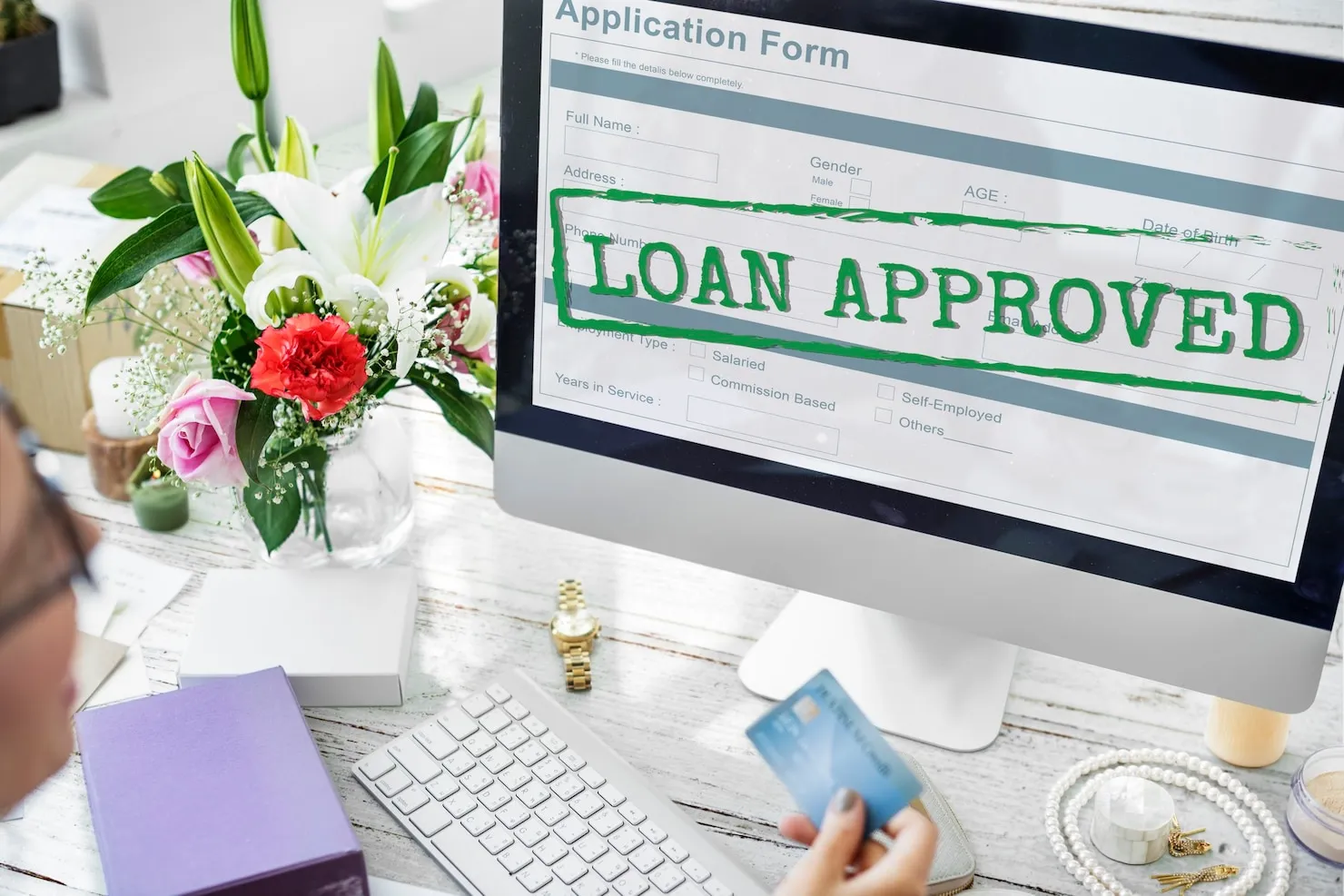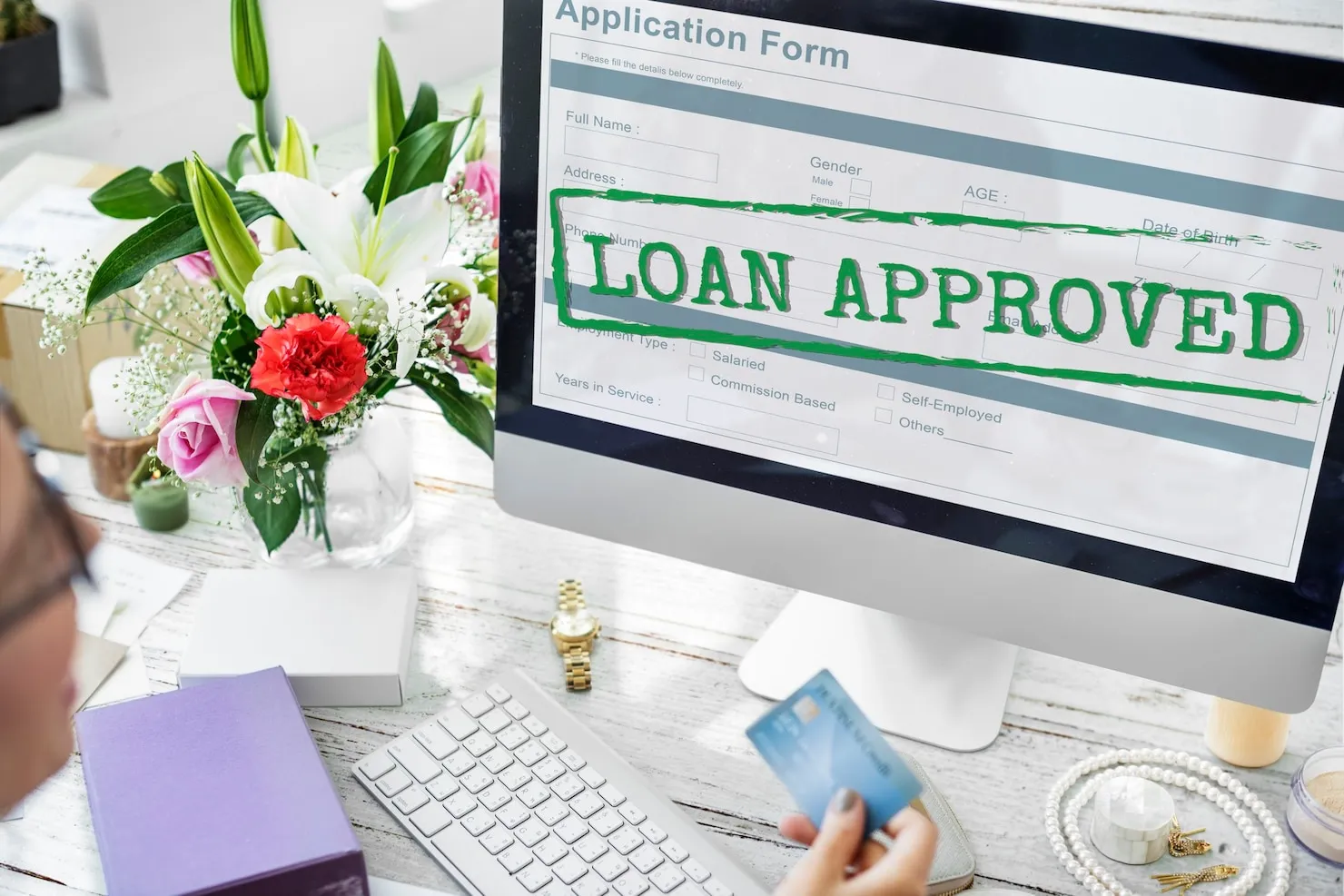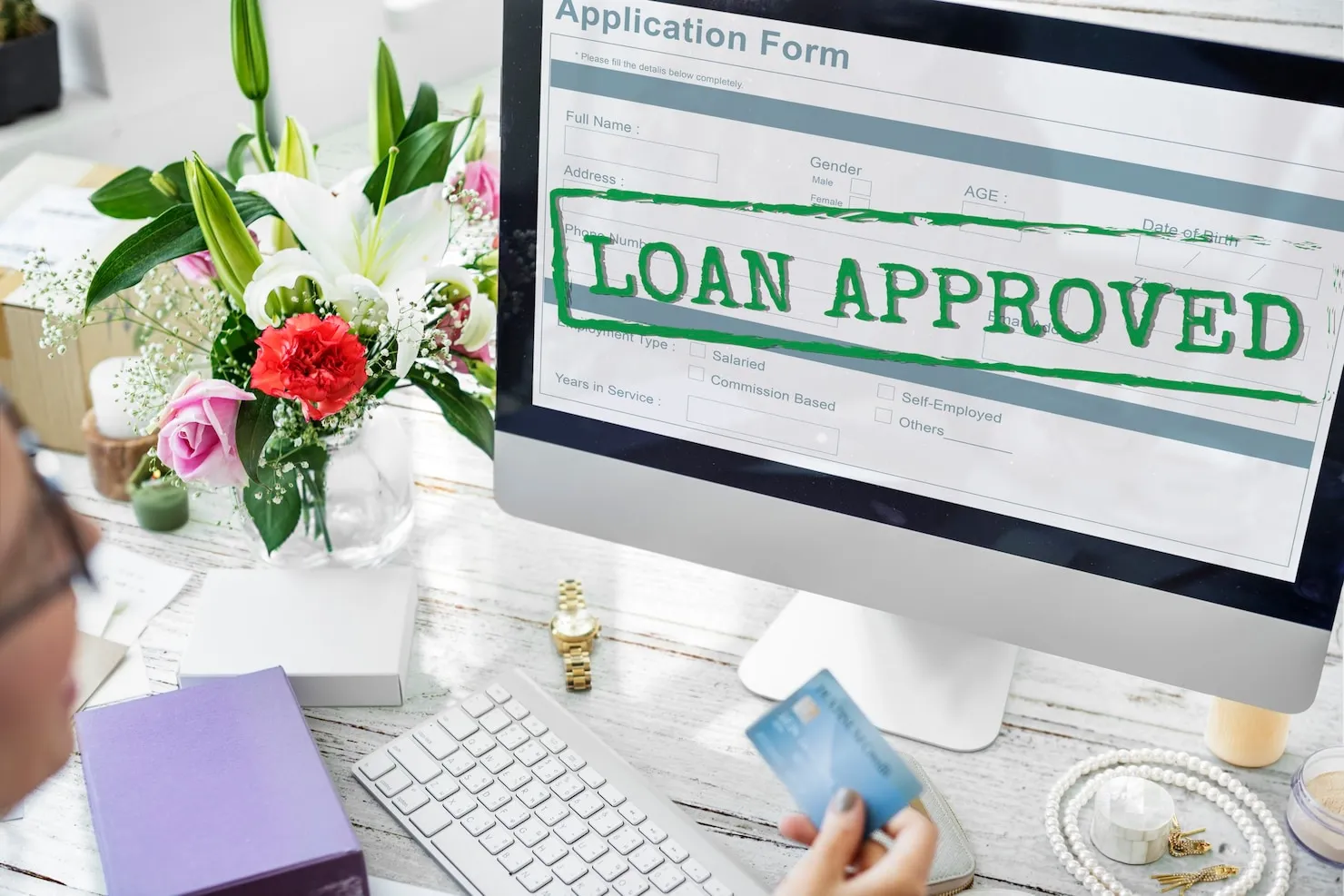Student loans can feel like a financial weight that follows you everywhere. The thought of wiping them out early is tempting—no more interest piling up, no more monthly payments. But is paying them off early always the smartest move? The answer isn’t as straightforward as it sounds.
This guide walks you through the financial and psychological sides of student debt, real-world scenarios, and strategies to help you make the right call for your money goals.
Why People Consider Paying Off Student Loans Early
Most borrowers feel an emotional relief imagining life without debt. The benefits are obvious:
- Freedom from monthly payments: Extra cash to use or invest elsewhere.
- Less interest paid over time: Especially with high-interest private loans.
- Simpler finances: One less bill, more mental clarity.
Take Sarah, for example. She graduated with $35,000 in federal loans at a 6% interest rate. By sticking to her 10-year plan, she’d pay nearly $11,600 in interest. But if she made just $300 extra each month, she’d shave off nearly 4 years and save over $5,000 in interest.
That kind of math makes the “pay early” argument strong.
When Paying Off Student Loans Early Makes Sense
It’s not just about wanting to be debt-free—it’s about whether it fits your bigger financial picture. Early payoff usually works well if:
- Your loan interest rate is high.
Anything above 6% is considered a “bad debt” rate compared to average investment returns. Paying it down aggressively can beat long-term investing. - You already have an emergency fund.
If your safety net is funded (3–6 months of expenses), you can channel extra cash toward debt without risking financial instability. - You don’t qualify for forgiveness programs.
Federal loans sometimes offer income-driven repayment (IDR) or Public Service Loan Forgiveness (PSLF). If you’re not on track for these, early payoff becomes more attractive. - You want financial flexibility sooner.
For those who dream of buying a house, starting a business, or traveling, shedding debt faster can unlock opportunities.
When It Might Not Be Worth It
Sometimes, rushing to pay off loans can backfire. Here’s when to slow down:
- You have higher-interest debt elsewhere. Credit cards often charge 15–25%, far worse than student loans. Always prioritize those first.
- You’re missing employer 401(k) match. That’s free money with compounding benefits—don’t sacrifice it just to kill loans faster.
- You qualify for forgiveness programs. For teachers, government workers, or nonprofit employees, forgiveness after 10–20 years could save you thousands.
- You’re investing for long-term goals. Historically, the stock market returns about 7% after inflation. If your loans are at 4–5%, you may grow more wealth by investing.
Imagine Daniel. He has $20,000 in loans at 4.5% but also a chance to put money in his employer’s 401(k) with a 50% match. By choosing investing over early repayment, he’s not “losing”—he’s actually making more.
A Balanced Strategy: Hybrid Approach
For many borrowers, the smartest path isn’t all-or-nothing. Consider a blended strategy:
- Pay the minimum on your loans.
- Add a little extra each month toward the principal.
- Still invest in retirement accounts or a side business.
This way, you reduce interest while also growing wealth. Over time, both sides of your financial life benefit.
Smart Steps Before Deciding
Before you rush into extra payments, check these boxes:
- Run the numbers. Use a student loan payoff calculator to see savings (example: Federal Student Aid Loan Simulator).
- Build an emergency fund. Don’t risk emptying savings just to pay faster.
- Check forgiveness eligibility. Don’t give up free money if you qualify.
- Compare returns. Ask yourself: Would this money grow more in investments than it saves in interest?
Infographic Idea
“Pay Off vs. Invest: A Side-by-Side Comparison”
- Column 1: Paying off early → Interest saved, faster debt-free date.
- Column 2: Investing → Potential returns, tax advantages, long-term growth.
This visual would help readers quickly compare trade-offs.
Final Thoughts
So, is it worth it to pay off student loans early? It depends on your bigger financial goals. If your loan rate is high and your basics are covered, paying early can bring peace of mind and save thousands. But if you’re eligible for forgiveness or can grow wealth elsewhere, slowing down may be the smarter play.



[…] get straight to the facts about taking money from your 401(k) to pay student loans. While you can access these retirement funds, the process comes with some pretty major strings. You […]
hy